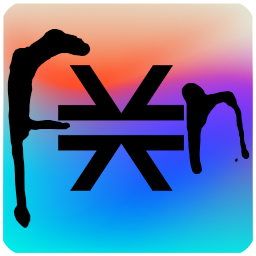
stx.fan is a site for fans of Stacks and for that link you needed to find.
How Bitcoin scales in Layers according to Forbes, Aug. 2024.
Stacks, the L2 for Bitcoin: a mega thread on twitter by Muneeb, feb 2023 -
What is next?: Stacks.co Roadmap details about sBTC and the Nakamoto Release for Stacks Intro, Bitcoinwrites article, sBTC website and
the Ultimate Stacks Nakamoto Guide and this feb. 2024 Nakamoto SIP-021 one-stop-shop thread by HeroGamer. Recent thoughts and what is next after Nakamoto (video).